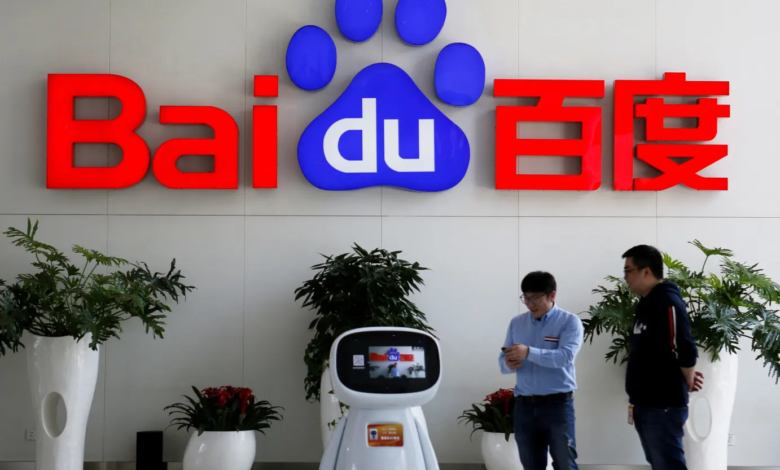

In a bid to stay competitive in the rapidly evolving artificial intelligence (AI) landscape, Baidu , one of China’s leading tech giants, is set to unveil the next generation of its AI model, Ernie 5.0 , later this year. According to sources familiar with the matter, this new foundation model will feature significant enhancements in multimodal capabilities , positioning it as a formidable contender against global players like OpenAI and emerging disruptors such as DeepSeek .
What Is Ernie 5.0, and Why Does It Matter?
Multimodal Capabilities Redefine AI Innovation
The upcoming Ernie 5.0 is described as a “foundation model,” meaning it has the ability to understand language and perform a wide array of tasks, including generating text, images, and videos, while also enabling seamless communication in natural language. Its multimodal capabilities allow for advanced processing of various forms of data—texts, videos, images, and audio—and even converting them across categories, such as turning text into video or vice versa.
This versatility makes Ernie 5.0 a powerful tool for businesses and consumers alike, offering solutions for content creation, customer service automation, education, entertainment, and more. As the AI market continues to grow, models with robust multimodal features are increasingly sought after, making Baidu’s update highly anticipated by industry experts and users globally.
Baidu’s Push to Stay Competitive Amid Rising Competition
With the rise of innovative AI startups like DeepSeek , which recently caused a stir with its open-source AI model that boasts impressive reasoning capabilities at a fraction of the cost of competitors like OpenAI’s ChatGPT, Chinese tech companies are under pressure to innovate faster and deliver cutting-edge solutions. DeepSeek’s disruptive entry into the market has forced established players to rethink their strategies and accelerate development timelines.
At the World Governments Summit in Dubai earlier this week, Baidu CEO Robin Li emphasized the transformative potential of foundation models, stating, “The inference cost [of foundation models] can be reduced by more than 90% over 12 months.” This reduction in costs translates directly into increased productivity, highlighting the importance of continuous innovation in driving efficiency and value.
Li further explained, “If you can reduce the cost by a certain percentage, then that means your productivity increases by that kind of percentage. I think that’s pretty much the nature of innovation.”
A Race Among Chinese Tech Giants
Chinese companies are fiercely competing to develop state-of-the-art AI models capable of rivaling U.S.-based giants like OpenAI. While Baidu was the first major player in China to launch a ChatGPT-like chatbot, Ernie , in March 2023, it has since faced stiff competition from other domestic heavyweights such as Alibaba , ByteDance , and Tencent .
For instance:
- Alibaba’s shares have surged 33% this year, reflecting investor confidence in its AI initiatives.
- Baidu’s shares , on the other hand, have risen only 6%, indicating concerns about its ability to maintain relevance in the face of rising competition.
- Tencent’s stock has seen modest gains of around 4%.
Despite these challenges, Baidu remains committed to integrating generative AI across its consumer and business-facing products. For example, its Wenku platform , which assists users in creating presentations and documents, now boasts 40 million paying users—a 60% increase from the end of 2023. Enhanced features, such as leveraging AI to generate presentations based on financial filings, were introduced earlier this year.
Current Status of Baidu’s AI Models
As of now, the latest version of Baidu’s Ernie model is Generation 4 , released in October 2023. An upgraded “turbo” variant, Ernie 4.0 , followed in August 2024. Although no official announcement regarding Ernie 5.0 has been made yet, insiders suggest that the second half of 2025 will mark its debut.
Meanwhile, OpenAI , another dominant force in the AI space, last updated its flagship model, GPT-4o , in May 2024. In an AMA session on Reddit earlier this month, OpenAI CEO Sam Altman revealed there is currently no public timeline for the release of GPT-5.







